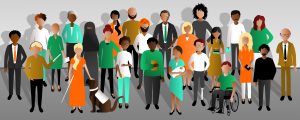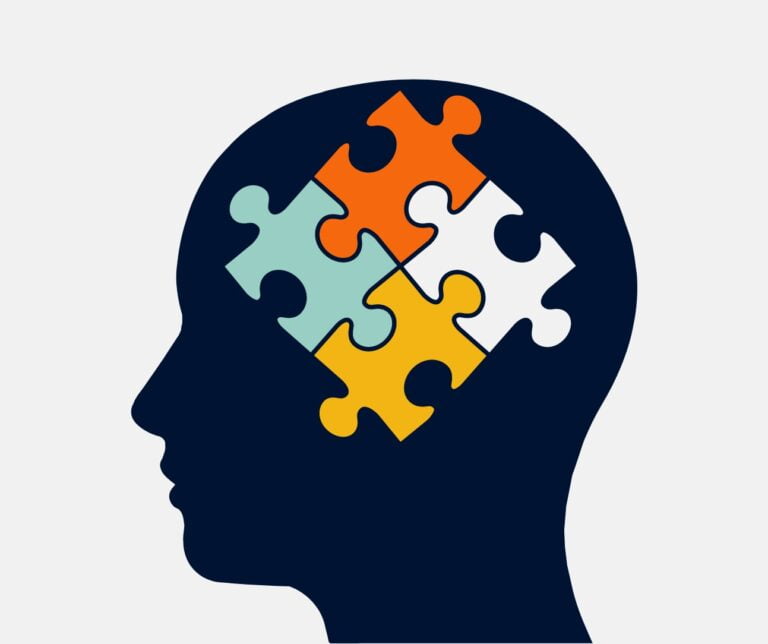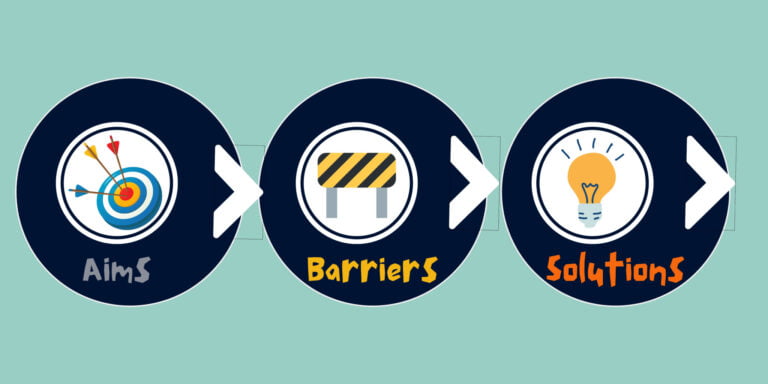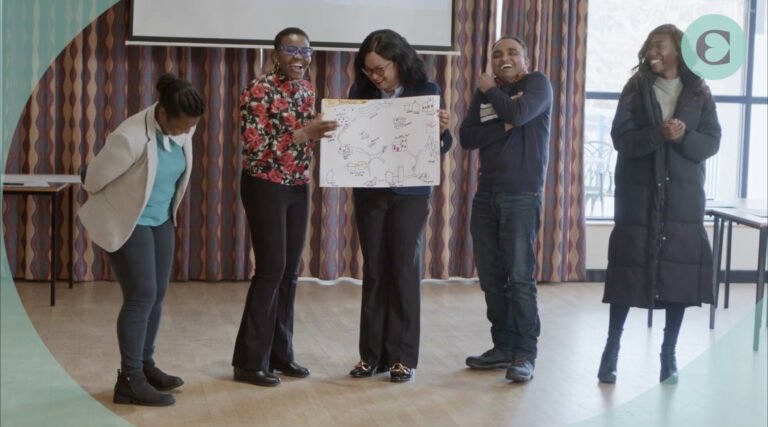Unconscious bias has been a ‘hot topic’ in mainstream news this year, with high profile people talking about it, including Members of Parliament (MPs) and Prince Harry.
We’re delighted unconscious bias is slowly becoming part of the vernacular, because with increased conversation, comes more awareness. It’s an important topic, which needs to be universally understood because once people start to challenge their own and other people’s unintentional biases, then we take steps towards living in a more just society.
So in what context has unconscious bias appeared in the news? Well, two months ago, a fierce debate broke out when the House of Commons offered unconscious bias training to MPs, only for a number of MPs to refuse to take part. – BBC News.
Simon Woolley, an anti-racism campaigner said he was “appalled” that some MPs had refused the unconscious bias training. He expressed that: “Particularly following the Black Lives Matter Movement, we need all our parliamentarians to make an honest appraisal about our often inbuilt prejudices. It would help them be better politicians.” – The Guardian.
Then again last month, Prince Harry spoke of his lack of awareness of unconscious bias growing up and how seeing his wife Meghan’s experience of unconscious bias had brought the subject into sharper focus for him: “I had no idea it existed. And then, sad as it is to say, it took me many, many years to realise it. Especially then living a day or a week in my wife’s shoes.” – YouTube interview.
Whilst unconscious bias doesn’t make the headlines as often as cases of discrimination (be it racism, sexism etc), that doesn’t mean that it’s not incredibly damaging for those individuals who suffer as a result of it. Before we look at the detrimental impacts of UB, let’s first be clear about what it is and why it exists:
Unconscious biases are unintentional stereotypes or people preferences, formed through our social experiences, including family, school, friends, work culture and media exposure. It’s scientifically proven: ‘Unconscious bias has been identified, observed, and validated in brain studies using Magnetic Resonance Imaging (MRI) technology.’ – Psychology Today.
I think the brain science behind unconscious bias is fascinating! Unconscious bias happens when our brains make very quick judgements and categorises people and situations, without us even realising it. The brain does this because it is exposed to billions of pieces of information a day. It has to take cognitive shortcuts in order to process the sheer amount of data involved and to keep us safe (a super important skill in terms of human survival and evolutionarily-speaking). These shortcuts manifest in the form of assumptions, biases and preferences.
We all have unconscious biases. Yes, you, me and everyone in between! Even if you believe yourself not to be prejudiced or discriminatory, you will still act in biased ways. It’s a by-product of our cognitively limited brains. Behavioural scientist Dr. Pragya Agarwal says: “Nobody wants to think that they are biased, but we all are and once we start acknowledging that we can do something about it.” – The Guardian.
Did you know there are different types of unconscious bias? ‘Affinity Bias’ is when you like someone, because they are similar to you, for example. ‘Conformity Bias’ is falling into line with the thoughts of others, rather than exercising your own independent judgement. You can learn about other types of unconscious bias in this Enact Solutions’ blog we wrote. What I find striking is how pervasive unconscious biases are, seeping into all aspects of our lives, both personally and professionally.
In the workplace, for example, unconscious bias is often evident in people’s micro-behaviours – ‘the little things that we say and do that show how we regard those around us. Even these very small behaviours can make people feel excluded and can have long-term effects.’ – HR Magazine. For example interrupting or speaking over a colleague in a meeting or leaving someone out of a working group discussion might result from unintentional biases, but they negatively impact on staff inclusivity.
Unconscious bias can also affect decisions on recruitment, allocation of work, staff development and promotions. As ACAS explains: ‘Employers can overlook talented workers and instead favour those who share their own characteristics or views.’ Not only is this not fair to individuals, but it’s not good for business.
It’s widely known and scientifically proven through multiple studies that diverse workforces perform better financially. (McKinsey & Company) By having a diverse workforce – employees of all different ages, cultural backgrounds, gender, physical and mental abilities, race, religion, sexual orientation etc, then your organisation will be richer in experience and produce better results.
It’s therefore important for companies to understand the benefits of a diverse workplace, train employees to be aware of unconscious bias and its detrimental impacts, reflect on their own biases, examine recruitment and working practices and take steps to minimise the impact of unconscious bias. As this BBC Worklife article explains: ‘Unconscious bias keeps people and businesses from reaching their full potential and it perpetuates cycles of inequality. The good news is, there are ways to try and correct it.’
Unconscious Bias is our most popular workshop at Enact Solutions (see our Events page for upcoming showcases) and we’re thrilled that companies are committed to learning about and challenging their unconscious biases.
Our Artistic Director, Daniel McClelland says: “One of the main reasons companies have cited coming to us at Enact Solutions recently for our unconscious bias training is because of how much inequality and prejudice has been highlighted through George Floyd, the ‘Black Lives Matter’ campaign and Covid-19. Companies are becoming more aware that they need to do more to raise awareness and challenge damaging behaviours and stereotypes.”
He goes on to say: “Our unconscious mind is considered to be the beating heart of our people preferences and bias, so you could argue that racism, sexism, and simply put prejudice in all its forms, stems from our unconscious brain. In many cases this isn’t our fault, but that doesn’t mean we don’t have a responsibility to change. We teach people to become aware of their unconscious biases and therefore be able to challenge them.”
It’s a statement echoed by Prince Harry: “No-one is blaming anybody . . . You can’t really point the fingers, especially when it comes to unconscious bias. But once you realise . . . then the onus is on you to go out and educate yourself, because ignorance is no longer an excuse.”
Let’s keep learning.
Jemma Houghton
Jemma Houghton is one of our Associates at Enact Solutions. She works in a range of areas including research, writing, filming and workshop consultancy.




